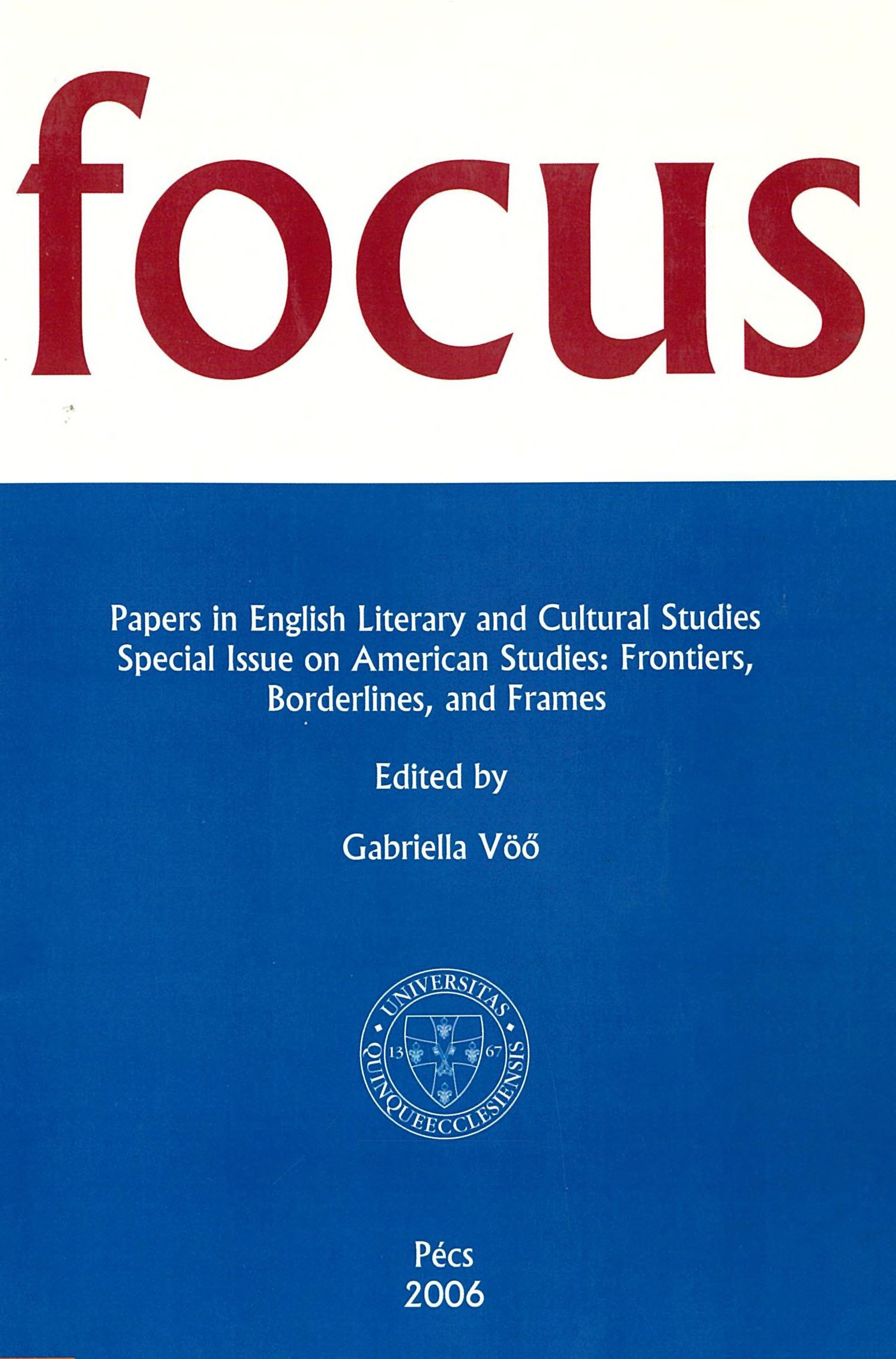A Novel on the Borderline of Literary Traditions:The Narrative Innovations of Leslie Marmon Silko’s Ceremony
Abstract
"One of the things I hope you would have in approaching Ceremony, or any other pieces that are consciously working with an American English and an American experience and American personae and struggles, is that openness, to realize that you’re going to see different structures and different emphases." — Leslie Marmon Silko, “Teller of Stories”
Although there are certain similarities between the narrative technique of Ceremony and other twentieth century novels, especially those of William Faulkner, for a long time Leslie Marmon Silko’s work did not seem to fit perfectly into the American literary canon (Work and Cowell 43). The unusual structure of the book, which juxtaposes a narrative storyline and passages of poetry that break the flow of prose and imply different narrative voices and shifting points of view, has already challenged many scholars trying to interpret the story within the framework of a traditional critical approach. As Gregory Salyer rightly put it: “Much more than a shattered narrative line, this novel is a spider web of interconnecting stories, themes, and events, and any attempt to straighten out these lines is bound to fail, to break the web”.
Downloads
Published
How to Cite
Issue
Section
License

This work is licensed under a Creative Commons Attribution-NonCommercial-NoDerivatives 4.0 International License.
FOCUS: Papers in English Literary and Cultural Studies follows the principles laid down by Creative Commons, which provides guarantees for the Author’s copyright while also ensuring that intellectual properties are made available for the wider public in a digital form. All papers submitted to the journal apply the following licence conditions (indicated on the journal’s website as well as in individual publications):
“© This work is licensed under a Creative Commons Attribution-NonCommercial-NoDerivatives 4.0 International License.”
You are free to:
- Share, copy and redistribute the material included in the journal in any medium or format under the following terms:
- Attribution — You must give appropriate credit to the Author, and indicate the original place of publication [FOCUS: Papers in English Literary and Cultural Studies, Issue nr., page numbers.].
- NonCommercial — You may not use the material for commercial purposes.
- NoDerivatives — You are not allowed to remix, transform, or build upon the material.
- The above conditions must always be indicated if the journal material is distributed in any form.
- The above conditions must always be met, unless a written permission signed by the Author and the Editor-in-Chief states otherwise.

